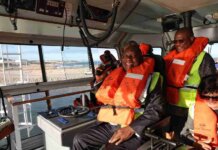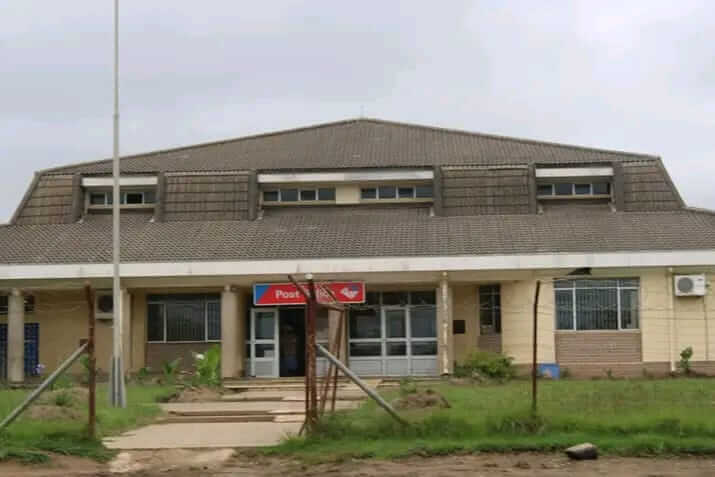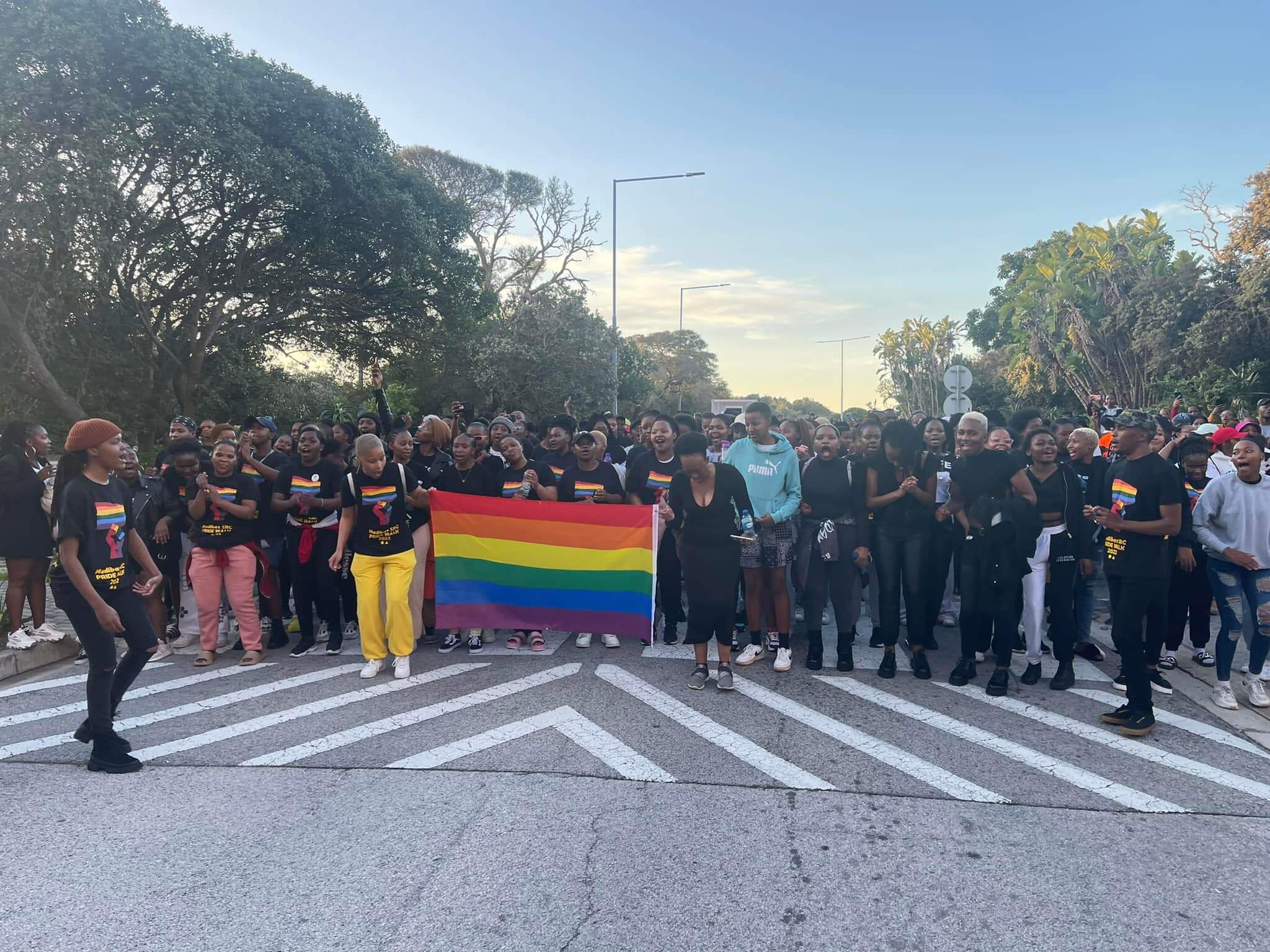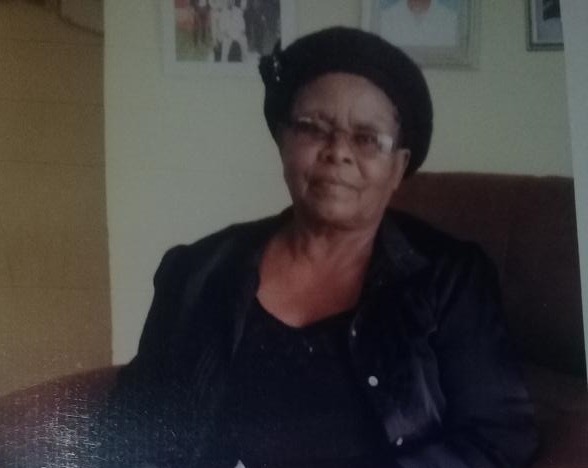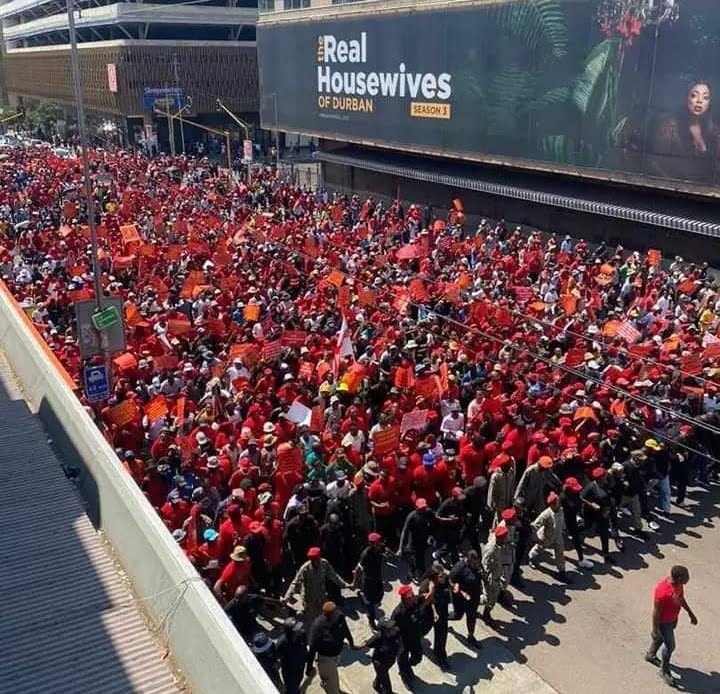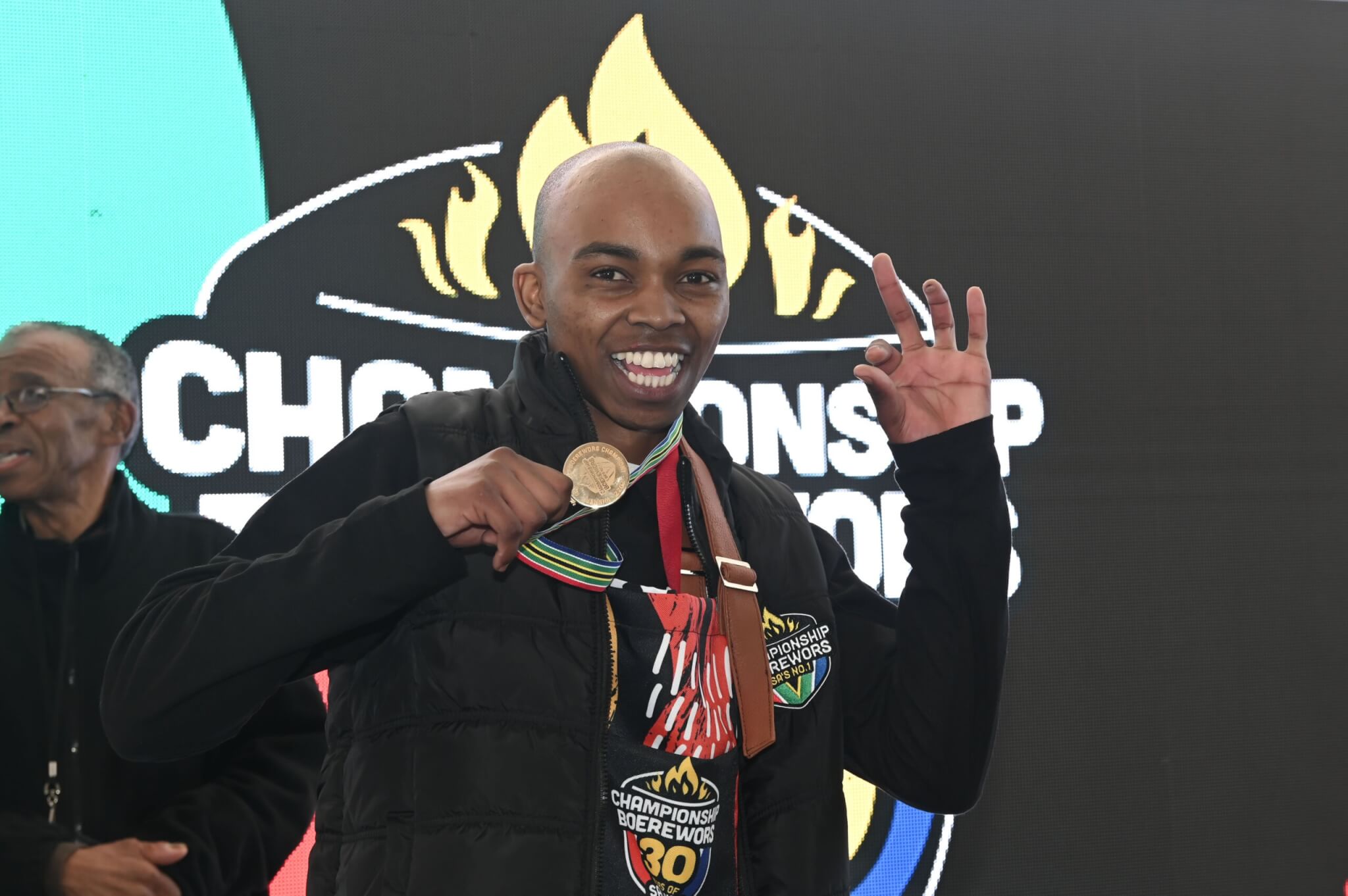Walking to work in the morning recently, Mr Biggie Shoko of Zimbabwe’s Hwange District hunting community suddenly got attacked by an elephant bull.
It trampled him to the ground but he found a curious way to miraculously save himself from being killed by the huge mammal.
All it took to save his dear life was to start a hysterical conversation with the elephant bull.
“Hey, Mr elephant, stop killing me!” he cried. “I want to go to work for my family. Stop killing me.”
Mr Shoko remembers that after this desperate conversation the elephant bull suddenly stopped attacking him.
“The next thing I remember is that I was at Hwange Hospital with an elephant tusk-pierced and heavily bandaged thigh and in great pain with my family standing next to my hospital bed,” he said.
Fortunately, Mr Shoko lived to tell his near-death-experience. Many people don’t.
However, he is still scared to this very day that the elephant that attacked him still knows him and might strike again!
Despite this, he said that he loves wildlife because it is generating international hunting revenue that continues to significantly support socio-economic development projects for the Hwange District hunting communities.
Crocodiles are also killing Hwange District hunting community residents, especially while fishing. This month, a Kamativi man was fatally attacked by crocodiles while fishing.
“Two crocodiles wrestled him and tore his ligaments,” said the Hwange Rural District Council Environment and Natural Resources Officer, Xolelani Ncube. “The other community members threw stones and made noise which led to the crocodiles leaving him. Due to heavy bleeding the victim passed away, three days after being admitted at a hospital in Hwange.”
Meanwhile, a family from Hwange hunting community recently experienced the most bizarre encounter with a crocodile in their homestead, during the evening.
Following a fishing-outing at Lukosi River earlier during the day, a member of the family (a young man) survived a crocodile attack. He bled a little bit and ran home about a kilometre away.
Just when the family had finished having supper later that night, little did they know that they crocodile that had attacked their loved one had followed him to kill him!
“The crocodile followed the victim to his homestead and passed his bedroom,” said Mr Ncube. “It proceeded to a secluded place waiting to attack the victim.”
Suddenly, there were screams and pandemonium after a family member spotted the crocodile in their homestead. This drew large numbers of villagers to the homestead.
In no time the Hwange Rural District Council rangers where on the scene.
“The Hwange Rural District Council rangers found the crocodile hiding and shot and killed it,” said Mr Ncube.
Thanks to the funds from international hunting that support community rangers’ activities to protect communities from problem wild animals. They also protect wildlife from poachers who come from distant places, outside the Hwange District hunting communities.
For the Hwange District hunting communities, attacks of their loved ones by wildlife even to the point of death don’t make them hate wildlife. They benefit from international wildlife hunting in many significant ways.
The hunted ‘cousins’ of the elephant bull that attacked Mr Shoko and the crocodiles that killed one man with another man surviving an attack; have and continue to generate international hunting income that significantly supports the socio-economic development projects that benefit the super-wildlife-rich Hwange Rural District hunting communities.
It is here where local communities understand that income made from hunted elephants and crocodiles, including other wildlife species can change their lives for the better. It supports public infrastructure developments such as the construction of clinics, schools and day care centres, road and borehole-drilling.
“The Hwange District hunting communities projects that have been significantly supported by international hunting revenue include, Dobolo Pre-school construction,” said Mr Ncube.
“Funds generated from international hunting were used to buy building materials, including window frames doors and handles.
“International hunting revenue has also been used for building other schools and clinics in Hwange District hunting communities.”
In Hwange District wildlife also looks after domesticated animals such as cattle by generating international hunting revenue that supports the construction of dip tanks.
When one arrives in the naturally dry Hwange District the question that naturally pops up is, “Where on earth do the local people get water for drinking?”
But if you ask the ‘cousins’ of hunted elephants and crocodiles they might just whisper in your ear, “We have been supporting the Hwange District hunting communities with water supply through international hunting income-supported bore-hole-drilling, for about 35 years.”
Zimbabwe introduced the pioneering programme that democratises community-led wildlife and natural resources use – the Communal Areas Management Programme for Indigenous Resources (CAMPFIRE) in 1989.
“International hunting also pays for various goods and services that communities desire at a local level,” said Mr Ncube. “The funds are also used as a fallback and disaster preparedness and prevention fund, to help alleviate such unforeseen events.”
Criminally opposed by the animal rights groups fundraising industry that profits from lying that when you ban international hunting you save wildlife yet this harms African wildlife and the people; internationally hunting is generating revenue that is producing confident and powerful businesspeople who attended schools built using hunting income.
One such businessperson is Mr Eliah Mutale of Hwange District who was sent to school using international hunting revenue and graduated as a teacher. He also later became a notable businessperson.
Mr Mutale who is also a community leader said that international hunting is supporting the socio-economic developments in Hwange District hunting communities, including the other rural communities of Southern African countries. Namely, Botswana, Mozambique (Tchuma Tchato Community, Tete Province), Namibia, Zambia and Zimbabwe.
“In Southern African countries, including Zimbabwe hunting is our major treasure that is benefiting every hunting community’s wildlife conservation and socio-economic development projects,” said Mr Mutale.
Go there to see for yourself.






